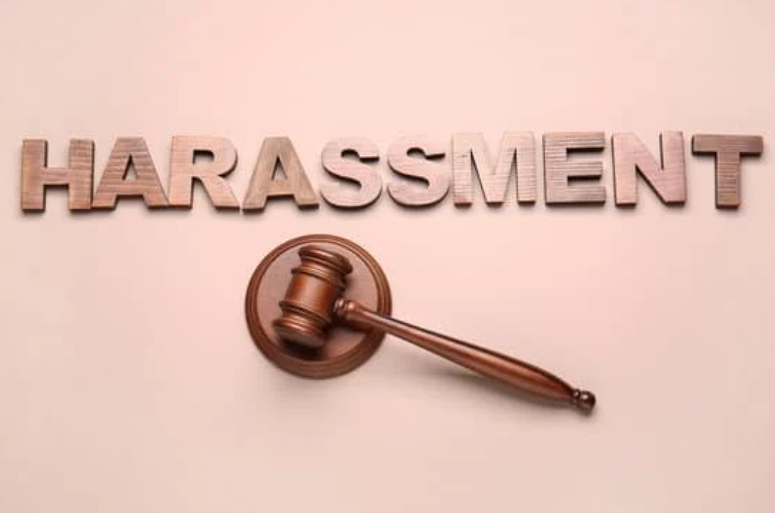[Real Life HR] Employee Makes Harassment Claim
Q: What should I do when an employee claims they have been sexually harassed at work?
A: Investigating a claim of harassment can be intimidating, but we have a great resource available called Identifying and Preventing Workplace Harassment. For this Q&A, we’ve provided a condensed overview of the steps for an investigation:
- Select an interviewer. This person should be an impartial manager, company officer, or HR representative. Ideally, they have completed training on conducting a harassment investigation. They should approach the investigation process with a commitment to being fair and thorough. The investigation should be conducted as expeditiously as possible after receiving the claim.
- Conduct interviews and gather evidence. Speak with the employee who made the complaint (if known), the accused employee, and any witnesses named. The questions asked during the interviews should not lead an interviewee toward a particular response and should not be accusatory in nature. The questions should be unbiased, open ended, and prepared in advance; don’t be afraid to ask follow-up questions. Also think about any documents, emails, photographs, videos, etc., that might exist and assist you in coming to a fair conclusion in your investigation.
- Make a decision and take action. Once the interviews are complete and all evidence is gathered, decide what the outcome is and document the conclusions and actions taken. If the company determines that the accused employee violated the harassment or other workplace policy, appropriate disciplinary measures should be taken. What qualifies as appropriate will depend on the severity of behavior. A summary of the findings should be placed in the accused employee’s file. The accused employee should be reminded that any retaliation against their accuser is unacceptable.
- Inform the employee who made the complaint. Alert the complaining employee—and others with a true need-to-know—about the conclusions reached in your investigation. While you don’t need to share the specific disciplinary action taken (if any), the complaining employee should be assured that you took appropriate steps to address the current situation and prevent future harassment. Remind this employee that retaliation will not be tolerated and that they should let you know if they feel they’re experiencing any backlash because of their complaint.
This Q&A does not constitute legal advice and does not address state or local law.







Reply a Comment